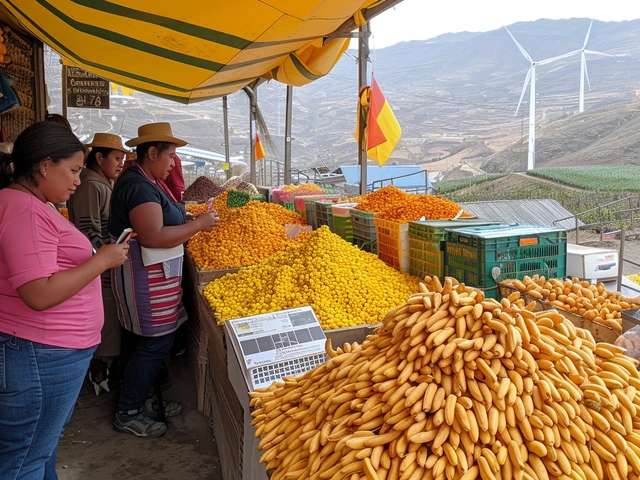Pharmacist Income in Ethiopia: Real Salaries and What Affects Them
Wondering what pharmacists actually make in Ethiopia? You’re not alone. Pharmacy is a respected profession in the country, but salaries can vary way more than most expect. Whether you’re thinking about becoming a pharmacist or just comparing healthcare jobs, understanding the pay scale and what really impacts your income is a must.
Pharmacist salaries in Ethiopia depend on experience, geography, and whether you work in the public or private sector. Fresh graduates landing their first job in a government hospital usually start with a lower salary, often just enough to cover basic living costs in Addis Ababa or other big cities. On the other hand, those working for private pharmacies or medical suppliers can make better money, sometimes double or even triple compared to public health jobs. Why the difference? Private employers often face more competition and can reward good performance or experience with higher pay.
Experience counts, big time. If you build your skills and climb the ladder, expect your salary to grow. Pharmacists with several years on the job or those who move into management—like heading a pharmacy department or running their own shop—command higher incomes. Some even create side income by consulting for clinics or helping with medical supply chains.
Location plays a role, too. Salaries in Addis Ababa tend to be higher than in smaller towns, but the competition for jobs in the capital is fierce. Plus, cost of living eats into the extra earnings, so a higher salary doesn’t always mean more money in your pocket. Rural pharmacists might earn less, but sometimes receive extra incentives or housing support to fill positions that are harder to staff.
Education pays off. Those with post-graduate qualifications or specialization can negotiate a better package in both public and private hospitals. Plus, continuing education means you’re more likely to get promoted, which comes with a financial bump.
What about trends? Ethiopia’s healthcare system is growing—new hospitals, more clinics, expanding access to medicine. All this means more need for pharmacists, and steady demand usually keeps salaries stable, with some room for growth as the sector modernizes and more private investment comes in.
If you’re looking for ways to boost your income as a pharmacist, consider side gigs like online medical consultations, teaching in a pharmacy college, or opening your own licensed pharmacy once you’ve built up enough capital and experience. Salaries may start small, but with persistence and the right moves, your income as a pharmacist in Ethiopia can become quite competitive compared to many other jobs in the country.
It’s not just about the paycheck—pharmacists in Ethiopia are respected for their expertise and play a key role in communities. Still, knowing the numbers, and what influences them, helps you plan smart, aim higher, and make the best moves for your career and financial future.






